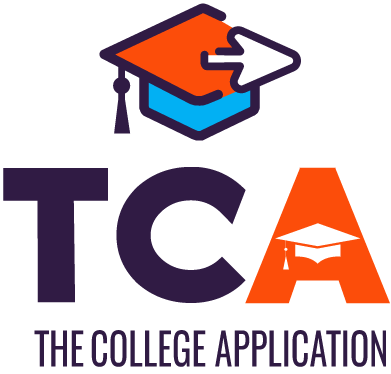If you’re looking for a good book on psychology, you may be overwhelmed by the number of options available. With so many different books to choose from, how can you know which one is best for you?
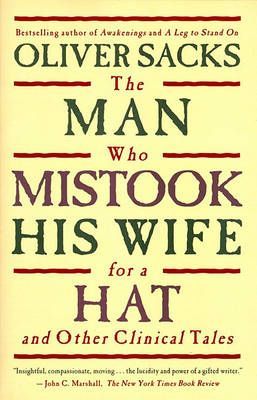
The Man Who Mistook His Wife for a Hat
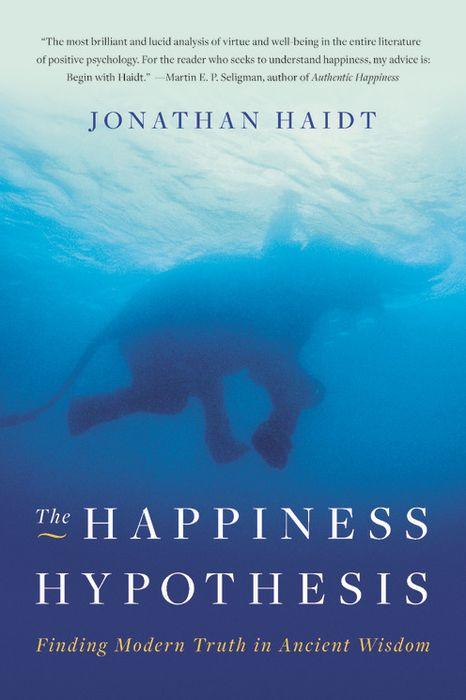
The Happiness Hypothesis
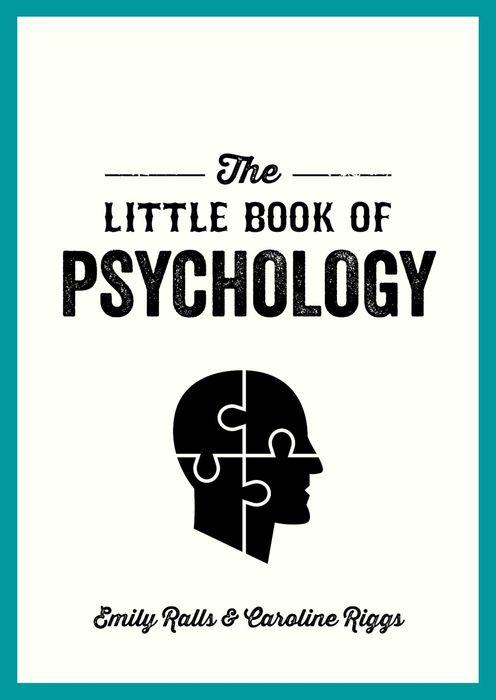
The Little Book of Psychology
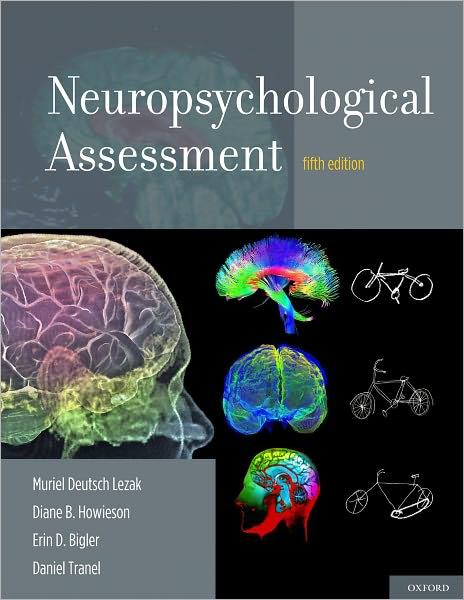
Neuropsychological Assessment
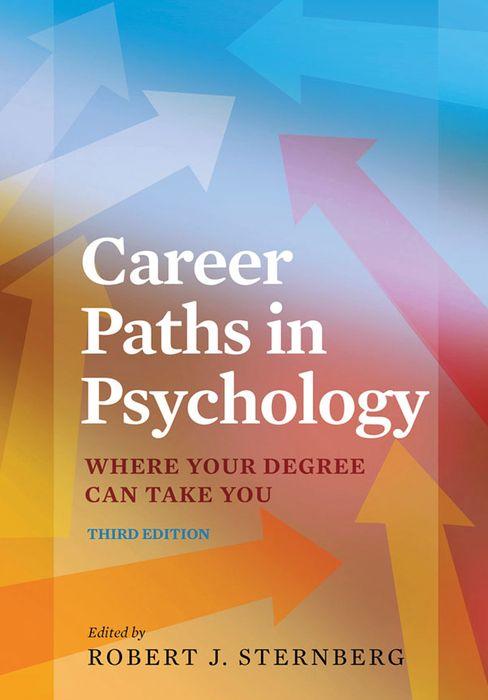
Career Paths in Psychology
We went ahead to create the list below of the best books for psychology students. We want to help make your decision easier, so you can get started on your journey to understanding yourself and others better.
1. Best Book for Psychology Students Overall- The Man Who Mistook His Wife for a Hat: And Other Clinical Tales

Author: Oliver Sacks
Goodreads Rating: 4.1/5
If you’re looking for a great read that will also teach you a lot about psychology, then you should check out this book. In it, Sacks- a renowned neurologist- tells the stories of patients with neurological disorders. These tales are insightful and humanizing, offering a glimpse into the minds of those who struggle against incredible adversity.
You’ll learn about everything from amnesia to Tourette’s Syndrome. The conversational tone of Dr. Sacks’s writing makes the book an easy, yet compelling read.
Key Takeaways:
In this book, you will:
- Learn about different neurological disorders from a renowned neurologist
- Get a glimpse into the minds of those who struggle against incredible adversity
- Easily understand complex psychological concepts through storytelling
- Gain insight into the human experience
What we liked:
It’s written in a beautiful conversational style
It provides a fantastic overview of history and neuroscience
What we didn’t like:
If you are not conversant with medical topics, it can get quite technical
Reddit Reviews of The Man Who Mistook His Wife for a Hat: And Other Clinical Tales:
One of my favourite books. The describes so many different aspects of tourettes so perfectly. Especially the paradoxical nature of it, with medication causing their own problems. I actually adapted it into a play for a module at University last year! Oliver Sacks was such a fantastic writer and brought so many neurological conditions to life.
– u/sneezeyweasles responding to Has anyone here read The Man Who Mistook His Wife For A Hat?
…I love Sacks’ writing because he so beautifully treats science and medicine as a form of art in it’s own right. I think he has a view of medicine that is unfortunately rare, and declining. And his description of Tourette’s being such an intrinsic part of Ray’s personality that to remove it is such a difficult task resonates with everything I’ve felt myself and heard other Tourette’s “sufferers” say.
– u/OneBeardedScientist responding to Has anyone here read The Man Who Mistook His Wife For A Hat?
I’m not sure if this is exactly the kind of book you’re looking for, but The Man Who Mistook His Wife for a Hat has always been one of my favorites. I think it does a good job of walking through a lot of history and basic neuroscience in the context of some pretty bizarre neurological disorders. Here’s a full text if you wanna give it a look.
– u/Kurtish responding to Books for a layman about the brain
If you’re curious about prosopagnosia and other rare neurological differences, I would recommend “The Man Who Mistook His Wife for a Hat” by Dr. Oliver Sacks. It’s a collection of case studies from a neurologist who worked with people with prosopagnosia, aphantasia, and other perceptual and intellectual differences.
It’s a good read, and it raises some great questions about these things. Like, how common actually are they? Many people with aphantasia, for instance, don’t even realize their mind works differently until they are well into adulthood and live life with no apparent deficits.
2. The Lucifer Effect: Understanding How Good People Turn Evil
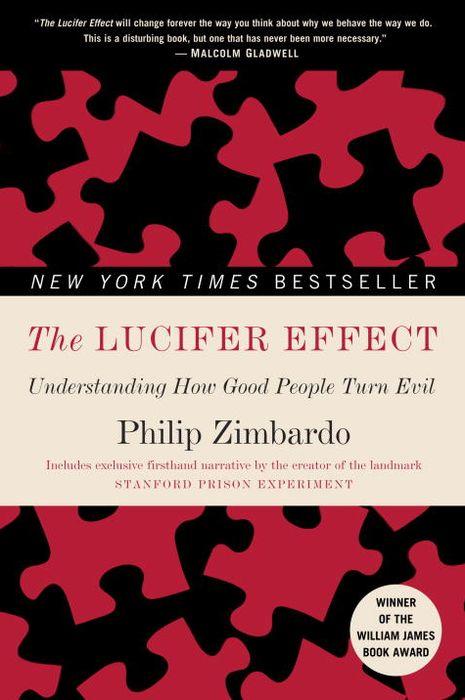
Author: Philip Zimbardo
Goodreads Rating: 3.91/5
Are you looking for a book that will change the way you view human behavior? The Lucifer Effect is a must-read.
Renowned social psychologist Philip Zimbardo explores the mechanisms that make good people do bad things, and how situational forces and group dynamics can work in concert to make monsters out of decent men and women.
Zimbardo’s book is a harrowing study that will change the way you view human behavior, but it also offers hope – we are capable of resisting evil, and can even teach ourselves to act heroically.
Key Takeaways
In this book, you will:
- Learn how good people can turn evil
- Understand the forces that make people do bad things
- Get a better understanding of human behavior
What we liked
- It can help us understand some of the atrocities that happen in this world
- It is stimulating and provides knowledge that can be reflected on
- It is a great read, unlike other psychology books that can be a bit dry or scientifically wordy
What we didn’t like
- Some think that the book is a little repetitive and gives the Stanford Prison experiment too much attention
3. Best Psychology Book on Happiness- The Happiness Hypothesis: Finding Modern Truth in Ancient Wisdom

Author: Jonathan Haidt
Goodreads Rating: 4.1/5
There are best books for psychology students and then there’s this one. The Happiness Hypothesis is the best book on happiness, hands down. It is a must-have for any student, especially those interested in philosophy, psychology, and self-help.
It’s an entertaining and enlightening read that will change how you think about your own life. Also, it has practical applications to improve your life right now. You’ll be surprised by what science has to say about our pursuit of happiness and how we can find it in our everyday lives.
Key Takeaways
• The Happiness Hypothesis offers a fresh and modern perspective on ancient wisdom
• It is one of the best books for psychology students, as it provides in-depth insight into the human condition
• Author Jonathan Haidt draws on cutting-edge research to provide a comprehensive overview of happiness and well-being
• The book is easy to read and filled with fascinating stories and examples
What we liked
- The Happiness Hypothesis is an insightful exploration of what makes us happy and how we find meaning in our lives
- The book draws from scientific research, philosophy, and psychology to explore different aspects of happiness
- The book has been well-received by critics and readers alike
- It is an engaging read that offers insights into human behavior
What we didn’t like
- The book has been criticized by some for being too ambiguous between being a science book and a self-help book
4. Best Psychology Book for Beginners- The Little Book of Psychology: An Introduction to the Key Psychologists and Theories You Need to Know

Author: Emily Ralls, Caroline Riggs
Goodreads Rating: 4.0/5
The Little Book of Psychology is an excellent choice. It covers major figures in psychology, including Freud, Jung, Skinner, Piaget, Maslow, and Rogers.
This best-selling text provides a comprehensive overview of the field of psychology, covering biological bases of behavior; learning theory; cognitive development; personality theory; social psychology; abnormal behavior, and treatment methods. Along with exploring the ethical implications of psychological studies, the author also highlights recent developments in evolutionary and cyberpsychology.
It is undoubtedly one of the best books for psychology students looking to learn about different theories as well as how they can be applied in everyday life. But whether you’re a psychology student or just curious about how the mind works, this book is essential reading.
What we liked
- The Little Book of Psychology introduces you to the field of psychology in a succinct way.
- The book covers everything from the early foundations of Freud to Skinner and Maslow, with an emphasis on key psychological theories and experiments.
- It has an engaging format, easy-to-consume content, and a well-organized structure.
What we didn’t like
- If you are looking for a more in-depth text, you might find this book simplistic and basic- probably a good book for a psychology beginner
5. Reaching Down the Rabbit Hole: Extraordinary Journeys into the Human Brain
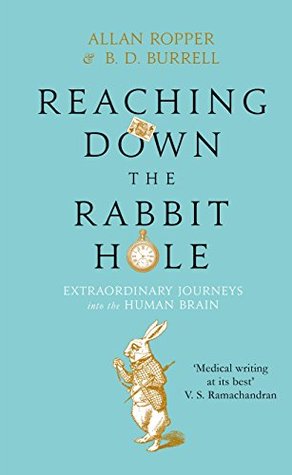
Author: Allan Ropper
Goodreads Rating: 4.0/5
Looking for a great read that will take you inside the human brain? Look no further than Reaching Down the Rabbit Hole! It is a fascinating and engrossing book that takes you on a journey into some of the most fascinating and bizarre cases encountered by neurologist Allan Ropper.
The book features stories from people with extraordinary mental abilities as well as those struggling to survive in extreme conditions or suffering from debilitating diseases.
Whether you’re a psychology student or just someone with an interest in the human mind, this book is definitely worth your time.
What we liked
- It is a fascinating read that covers a wide range of topics related to the human brain
- The author does an excellent job of explaining complex terms and concepts in an easy-to-understand manner
- The case studies presented in the book are both informative and engaging
- The book is a great resource for patients, friends, and families of those affected by brain diseases, as well as chaplains and volunteers who work in medical settings
What we didn’t like
- Occasionally, the author appears to be dismissive of his patients and a little too self-absorbed
6. Authentic Happiness: Using the New Positive Psychology to Realise your Potential for Lasting Fulfilment
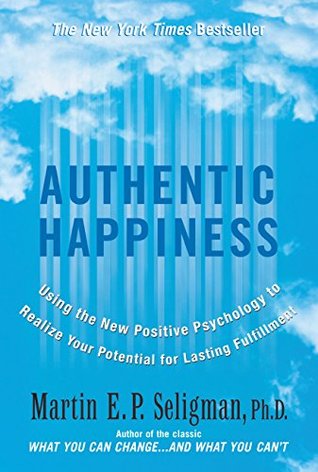
Author: Martin Seligman
Goodreads Rating: 3.9/5
If you’re looking for a book that will really get into what makes people happy – this is it! Authentic Happiness offers an inspiring new perspective on how we can lead more satisfying lives by using cutting-edge research from positive psychology.
It includes many different tools and assessments that can help you understand your strengths better as well as achieve more happiness in your life. You’ll learn about six paths to happiness and how they work together to create authentic well-being–a life filled with meaning and purpose.
This book will show you how to live a life of fulfillment and success by understanding the best ways to cultivate your strengths, improve your relationships, find more meaning in your work, and realize a more purposeful existence.
It’s a thoughtful guide that might really change how you think about happiness forever!
What we liked
- The book is based on real scientific researches
- It is a highly recommended book if you are interested in self-development
- The book provides a detailed and insightful model of all the different contributors to happiness
What we didn’t like
- The book might feel overly complicated and a bit hard to follow depending on your background
- Seligman’s ideas are interesting and relevant, but some readers think his assertion that a human being has virtually total control of their emotions is false
7. Best Book for Neuropsychology- Neuropsychological Assessment

Author: Muriel Deutsch Lezak, David W. Loring, H. Julia Hannay, Jill S. Fischer
Goodreads Rating: 4.2/5
The Neuropsychological Assessment book is an excellent choice for students looking for books on psychology. It is a comprehensive resource if you are looking to learn about neuropsychology and the assessment of brain function.
Written by Muriel Deutsch Lezak, one of the pioneers in the field of clinical neuropsychology, this book provides in-depth coverage of current neuroscience research and clinical neuropsychology practice. It also includes new tools for clinicians such as a neuroimaging primer and a comparison table of the neuropsychological features of progressive dementias.
The chapters on assessment procedures include discussion of issues related to test selection and reviews of recently published as well as older test batteries used in general neuropsychological assessment, plus newly developed batteries for specific issues.
If you’re looking for an authoritative text on neuropsychology, this book is essential reading.
What we liked
- The Neuropsychological Assessment book is a comprehensive and timeless reference.
- Most clinical neuropsychologists use this book as THE definitive reference guide in the field.
- The book is relevant to the field and extremely detailed, providing you with a wealth of information.
- The book is considered to be the cornerstone of the field and has been ever since the first edition.
What we didn’t like
- If you are easily intimidated by bulky books, then this book is quite bulky
8. Pioneers of Psychology
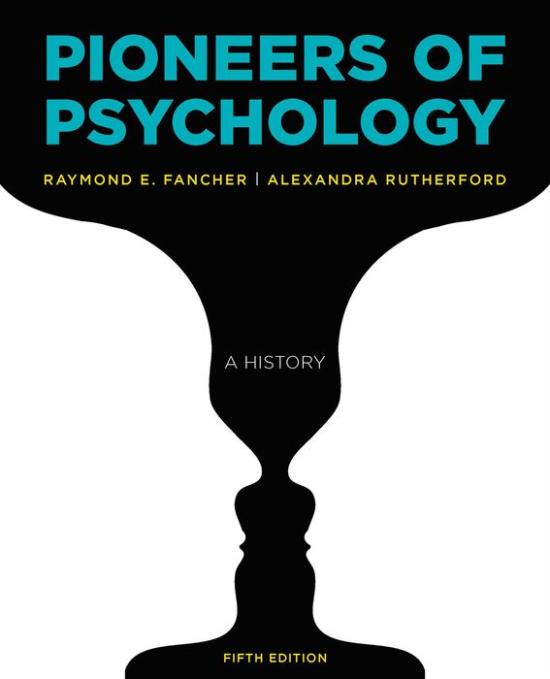
Author: Raymond Fancher, Alexandra Rutherford
Goodreads Rating: 3.8/5
Pioneers of Psychology is an excellent choice for anyone interested in learning about the history of psychology. This book tells the story of the men and women who pioneered this field, from Wilhelm Wundt to Jean Piaget.
With over 400 pages of fascinating information, Pioneers of Psychology is sure to keep you entertained and informed. It’s the perfect book for any student looking to learn more about psychology and the people who shaped it.
What we liked
- The book provides a comprehensive explanation of how psychology emerged as a science over time
- It is written in a way that is accessible to novice and professional readers alike
- The book offers insight into the theories that have shaped psychology as we know it today
- The biographical presentation of key influencers in the history of psychology makes for an interesting read
What we didn’t like
- It might not be the best introductory book on psychology
9. How to Think Straight About Psychology
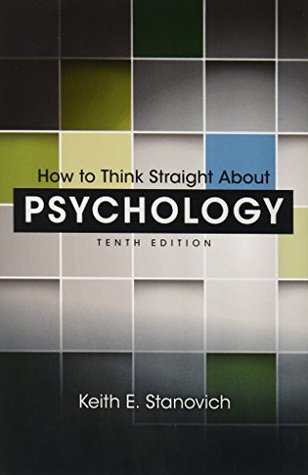
Author: Keith Stanovich
Goodreads Rating: 4.2/5
If you’re looking for a good book on critical thinking skills when it comes to psychology, Keith Stanovich’s How to Think Straight About Psychology is a perfect option. It provides an accessible introduction to the field of psychology.
Also, it covers topics such as how the brain works, sensation and perception, learning and memory, intelligence, personality development, mental illness, and treatment- perfect for anyone looking to learn about psychology in an easy-to-understand way. You’ll be able to explore everything from neuroscience to personality development with ease!
What we liked
- Keith Stanovich’s book enhances your critical thinking and how to investigate psychological claims critically
- The book is well written and easy to read
- The book is filled with crucial information for anyone who wants to be accurate about what they think they know about psychology
What we didn’t like
- Some readers find the book to be repetitive, boring, and the author opinionated
10. Best Psychology Career Guide Book- Career Paths in Psychology: Where Your Degree Can Take You

Author: Robert Sternberg
Goodreads Rating: 3.5/5
If you’re a student who’s looking for a career in psychology, or if you’re just curious about what kinds of jobs are out there for psychologists, then Career Paths in Psychology is the book for you.
In this comprehensive anthology, authors selected for their distinction in their chosen careers offer their perspectives on different graduate-level careers in psychology. It offers practical advice and insight into how to plan your future after graduation, including what you need to know about choosing a graduate program, getting an internship or job, and starting your own business.
Robert Sternberg’s Career Paths in Psychology is one of the best career guides for students of psychology. It will help you find out where your degree can take you!
What we liked
- The book provides a “typical day” breakdown for different career paths in psychology, which is helpful if you are looking to get a better idea of what you could potentially do with your degree
What we didn’t like
- If you have already done enough thorough research into psychology careers, you might not find lots of additional useful information here.
Conclusion
This list of best books for psychology students will help you keep up with your studies outside of the classroom. Whether you’re looking to refresh on some key concepts or want to explore new ones, the list features best-selling titles that will help you get ahead in both the introductory and advanced courses.
If one of these titles catches your eye, we encourage checking the previews, if possible, just to make sure it meets your needs.
Thanks for tuning into our blog today!
Frequently Asked Questions (FAQs)
1. What should I consider before purchasing the best book on psychology?
You should consider the following factors:
- The purpose of the book (e.g. for personal reading or for use in class)
- Your level of knowledge about psychology
- Whether you want a comprehensive overview of psychology or prefer to focus on specific topic areas
- The format of the book (e.g. paperback, hardcover, e-book)
- The price
2. What should I do if I’m not sure which best book on psychology is best for me?
If you’re not sure which best book on psychology is best for you, then ask a friend or family member who is familiar with the topic for their recommendation. Alternatively, consult with your psychology instructor to see if they have a specific best book on psychology that they recommend.
3. What are the best books for exploring advanced psychology topics?
Apart from the ones we’ve listed in the blog post review above, another great option is The Oxford Handbook of Memory. This book provides an in-depth exploration of the latest research on memory, including topics such as encoding, retrieval, forgetting, and more. And if you’re interested in learning more then, The Oxford Handbook of Clinical Psychology is good too.
4. What textbooks do psychologists use?
Textbooks used by psychologists vary depending on their specialty. However, there are a few general textbooks that are commonly used in psychology courses. One popular textbook is called Psychology by Daniel L. Schacter.
This textbook covers a wide range of topics in introductory psychology, from the history of the discipline to the latest research findings. It’s a good choice for students who want a comprehensive introductory overview of psychology.
Related Readings:
13 Best Books for Nursing Students to Read- Reviewed
12 Best Books on Microbiology (Expertly Reviewed)
